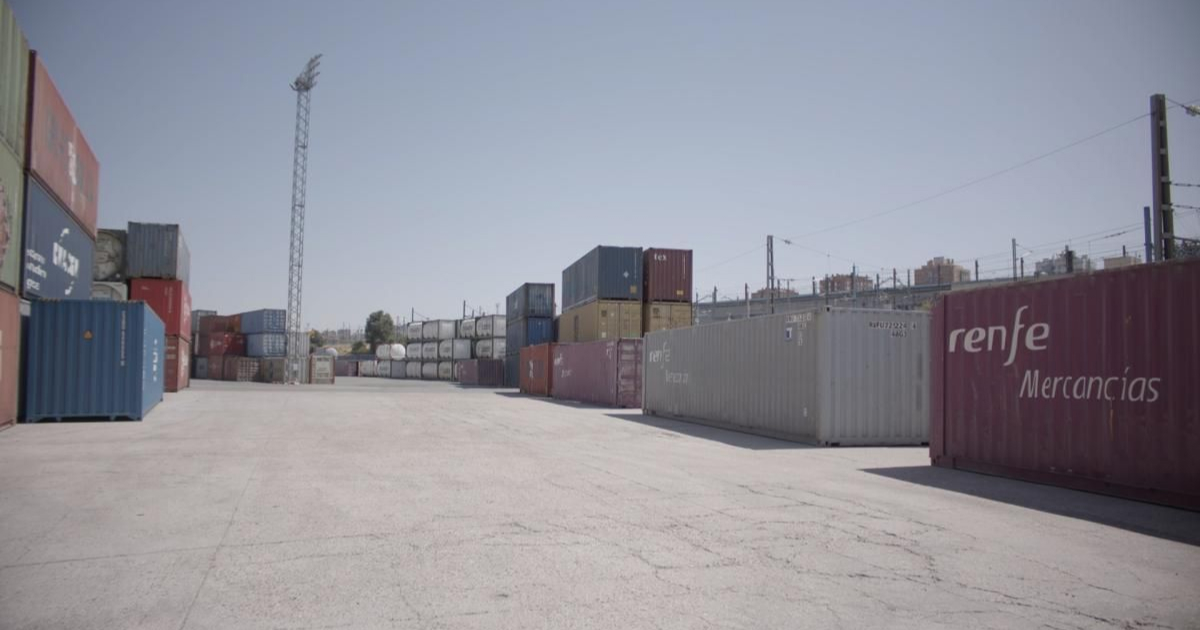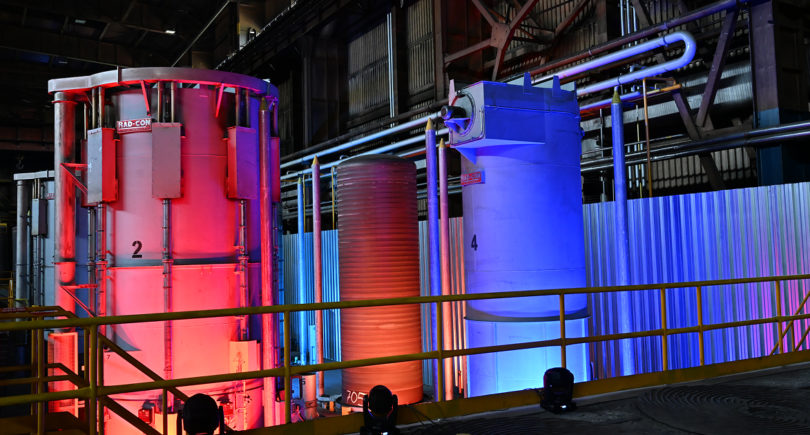
The company is still thinking about Danube transportation, but they do not see the necessary level of service
The Ukrainian industrial group Interpipe is testing a new logistics route for the delivery of products to the countries of the European Union using railways and motor vehicles, in particular, through the terminal in Chelm, Poland. This was noted by Oleksiy Yanovskyi, the company’s director of procurement and logistics, in a comment to CFTS.
The company is still thinking about Danube transportation, but they do not see the necessary level of service.
«The company very carefully studied the possibilities of using the Danube for deliveries to EU countries. But, unfortunately, the current level of service does not allow us to compete with direct road transportation either from an economic point of view or from the point of view of transit time,» he noted.
Currently, Interpipe is carrying out test shipments of pipes by rail cars to a terminal with a wide rail track in the city of Chelm (Poland). Then there is overloading in the car and delivery of products to the final destination.
«This method is relatively economically justified, considering the current level of car rates, but has a number of disadvantages, in particular, the issue of fighting rust on the surface of the pipes arises. However, this method of delivery is unlikely to be acceptable for railway products, given the extreme sensitivity of these products to storage and transportation conditions. Therefore, for railway wheels and wheel pairs, direct road transportation will probably remain the most appropriate way of delivery to customers in Europe,» Yanovskyi noted.
As GMK Center reported earlier, recently, for the first time in its history, Interpipe began to operate a vessel that it took on a time charter. In this way, the company implements in practice the involvement of its own vessels instead of traditional freight. Currently, this vessel performs feeder deliveries from Odesa to the port of Varna, and also delivers products to the Georgian port of Poti, from where it is sent to the company’s customers in the CIS countries, in particular, in Central Asia.




